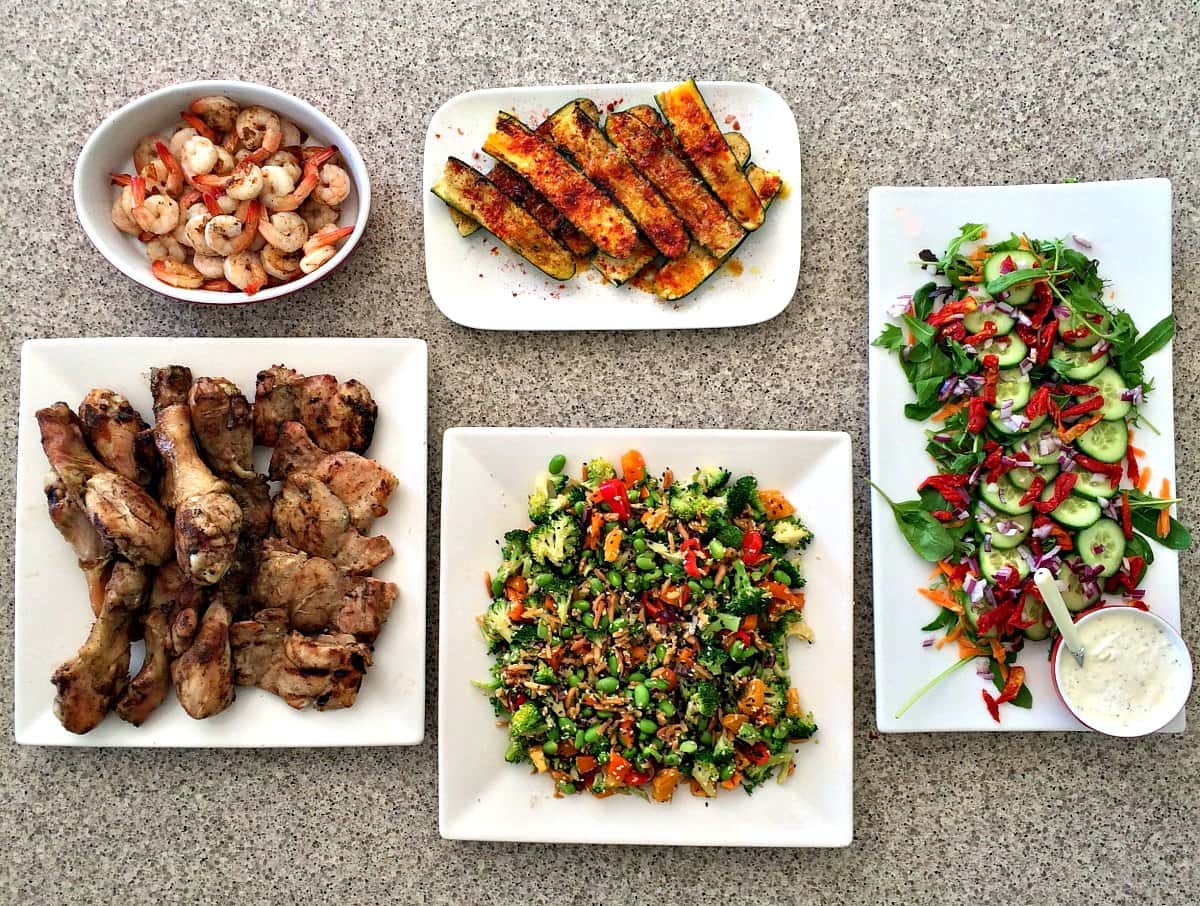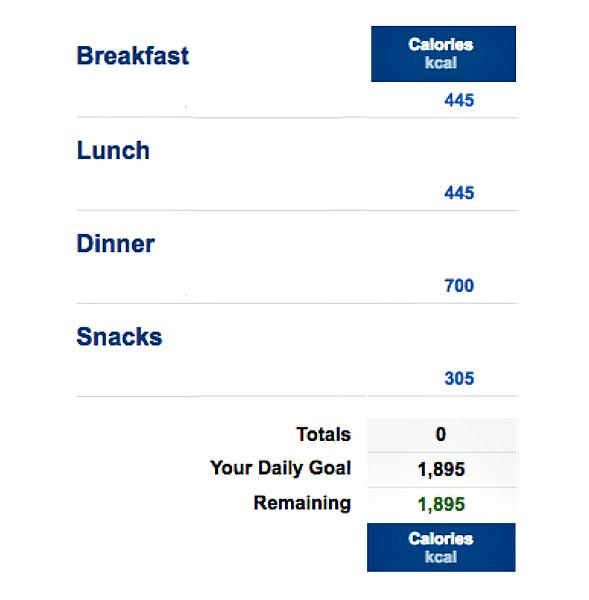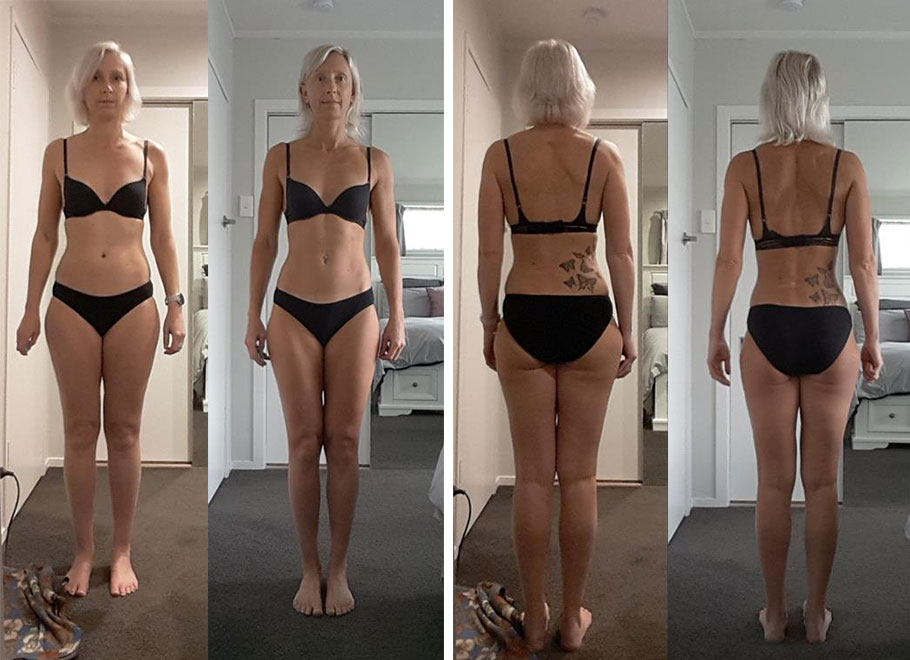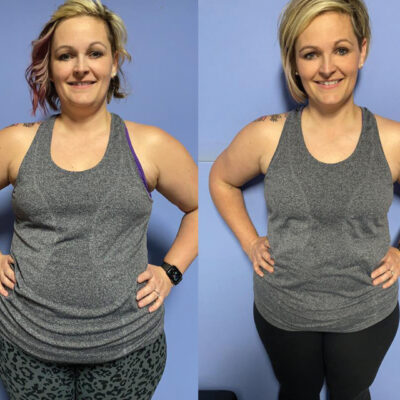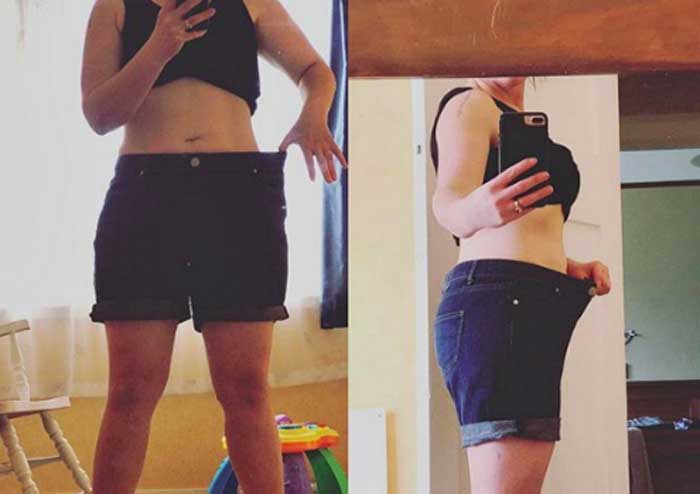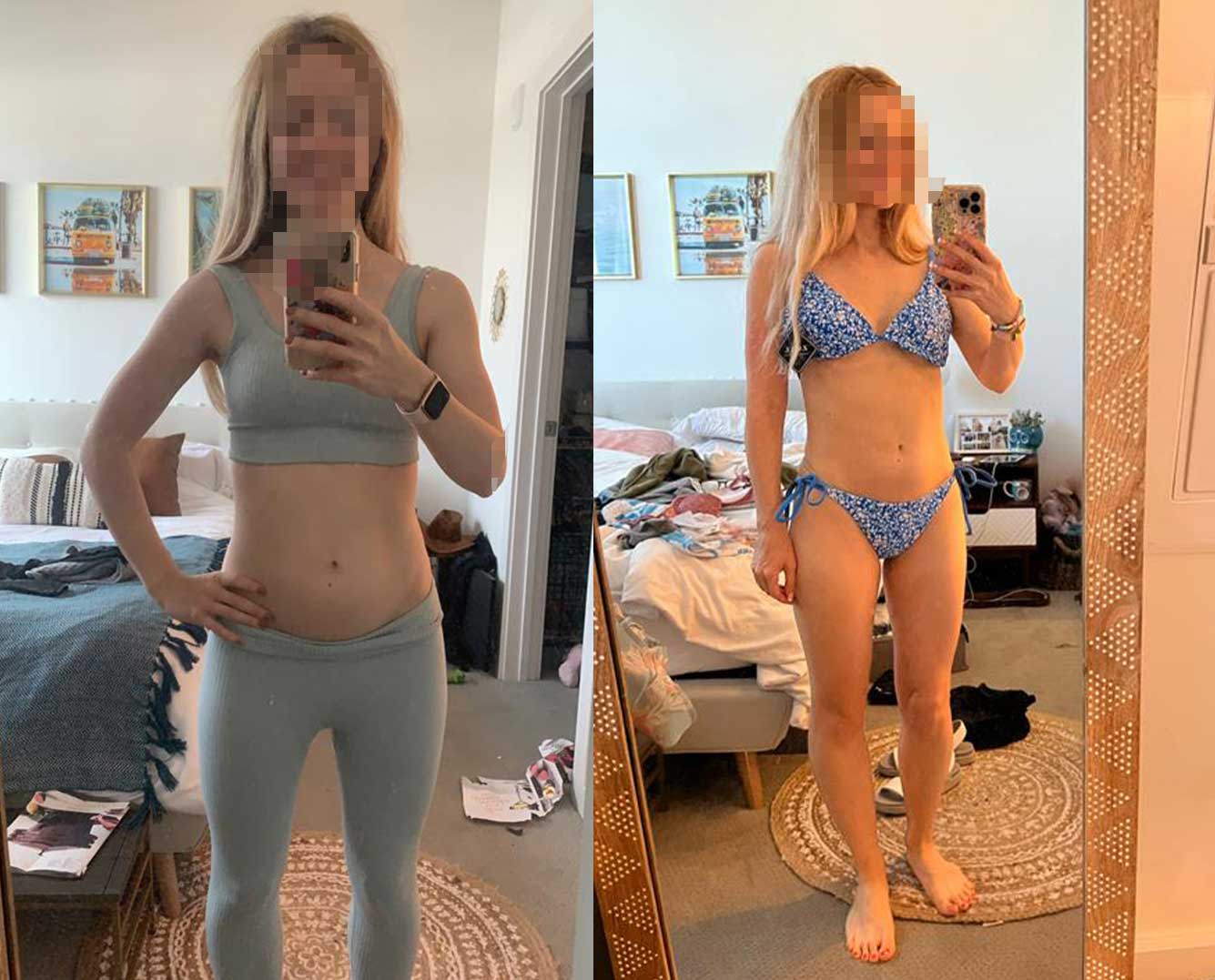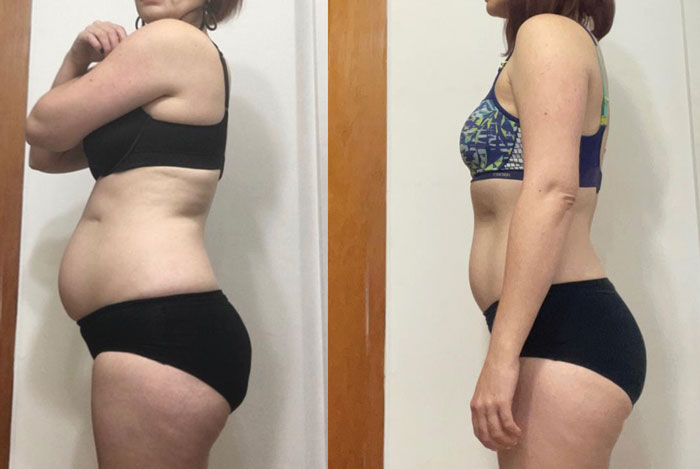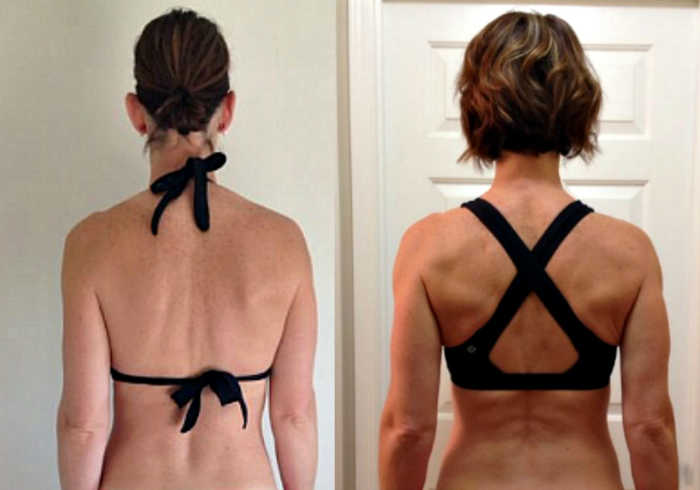Will Eating At Night Make You Gain Weight?
If you eat too much at night or if you eat late at night – will you gain weight?
The answer will surprise you.
Up until not that long ago, we’ve been told it’s important to eat big earlier in the day and eat lighter at night. As the old saying goes, “eat breakfast like a king, lunch like a prince and dinner like a pauper.” However, more recently there have been studies showing that big meals at night can help with inflammation, appetite and weight loss.
So should you eat big breakfasts and the majority of your calories earlier in the day? Or is it okay to eat big dinners and before bed snacks?
The evidence supports both approaches so the answer is – figure out what works for you.
Eating bigger meals at night may work well for you if you answer yes to one or more of these questions:
- Would you prefer to eat three larger meals and possibly one or no snacks throughout the day (rather than 3 small meals and 2 snacks)?
- Do you train with weights (or do other intense training) in the late afternoon/early evening?
- Do you have a hard time sleeping on an empty stomach?
- Do you find it difficult to unwind and relax in the evening?
- Do you feel unsatisfied after dinner and keep picking at other food late into the evening?
I know some of you will still feel hesitant because for so long we’ve been told eating at night leads to weight gain. There are also potential longevity reasons for not eating big meals at night and not eating after dinner. For example, proponents of fasting cite benefits such as lowered inflammation and increased ability of cells to repair during periods of 12 or more hours without food.
However, when it comes to managing your weight, as long as you eat the right amount of calories, carbs, and other macronutrients that you need, when you eat may be less important. One of the reasons for this is that your body doesn’t just shut off at night. It’s still working to repair and rebuild and it uses calories overnight as well.
Recent research suggests that nutrient timing (ie. when you eat) may be less important than the total amount of food you eat and the macronutrient ratios (ie. how much protein, carbs and fat you eat). Overall quality and quantity is more important than timing.
That said, we should always be mindful our unique nutrition requirements as women – particularly when we are in our fertile and busy, career years. So before we look at why eating big at night might not be a problem, I first want to explore how timing matters for women.
Food Timing Considerations For Women
I think timing for women matters in a few ways. First of all, in my experience, most women do better if they eat some breakfast. It helps them manage their mood and appetite the rest of the day. Also, in the morning cortisol is naturally high and eating helps bring it back down. If you don’t eat, cortisol stays elevated and this can have negative effects like muscle protein breakdown and increased fat storage, especially around the belly.
Ironically, many women start to struggle with belly fat in their 30s and 40s but this is their busiest time of life with family and career so skipping breakfast (or having a quick, non-nutritious breakfasts) happens too often.
Another reason timing matters is that often women who undereat earlier in the day start losing control around 3 or 4pm. They might grab sugary snacks for afternoon coffee break or they start snacking from the time they pick up the kids after school or get home from work and they keep nibbling all the way to dinner (and possibly even after).
Timing may also be important if you train in the mornings. You need to be sure you are getting enough protein and calories to support your training goals, which means you may have less calories to distribute through the rest of the day.
So, timing does matter and I’m not advocating skipping meals. But I have found that you can be strategic with your distribution of calories throughout the day so that you can have a big meal at night without negatively impacting your physique or health.
In fact, for a lot of women, this is the magic sauce.
How To Eat At Night Without Gaining Weight
Let’s be clear. This is about allotting a certain portion of your daily calories to the evening, not increasing the overall amount of calories you eat.
This is a redistribution of the calories you normally eat, not an addition of calories.
We are talking about saving a good part of your daily caloric intake for the evening. In my experience about a third of your daily calories seems to work well.
This strategy isn’t going to work if you have a low daily caloric intake because you just don’t have enough calories to allocate to a big evening meal. You can’t starve yourself during the day because this is going to have negative impacts on your cortisol, mood and appetite.
This is a snapshot of how I set up the day for one of my clients who is using this strategy. You can see we’ve allocated 700 calories to the evening (and optionally she can leave all or a portion of her snack calories for the evening as well).
I also use this strategy because I enjoy having big dinners. I haven’t noticed any negative effects and, as I’ll talk about more in the next section, I’m sleeping so much better.
Benefits Of Eating More At Night
1. Helps you stop snacking
Having a big dinner is more enjoyable and satisfying so it can help stop evening snacking. Here’s what one of my clients said about this approach:
“I really like having the bulk of my calories at the end of the day. Mentally, I find it much easier and I’m less inclined to want to keep grazing.”
This requires some planning and tracking calories. You have to know exactly how much you can eat and whether you will use all the allocated calories for dinner or for dinner plus a small snack. The snack has a set time and a set amount of calories.
Personally I eat dinner (650 calories) and then an hour before bed I have protein pudding (protein powder mixed with almond milk and 10-15g of nut butter, 250 calories). I don’t have a problem with snacking after dinner but I do really like being able to have big meals at night. It definitely feels more satisfying but I’ve noticed huge differences in my sleep which I’ll talk about next.
2. Helps you sleep
When I first started training, I thought if I ate a lot of carbs at night I would get fat but through experimentation over the years I’ve realized this isn’t true. Surprisingly, I’ve been able to lose weight using this strategy and the biggest benefit of all is that I cured my insomnia. I had chronic insomnia in my 20s and, while my sleeping improved somewhat when I started training, it was also pretty bad for most of my 30s.
A couple of years ago I started experimenting with carbs after a trip to China where I had lost weight despite eating copious amounts of white rice multiple times a day. Through experimentation and tracking food intake, I realized that if I ate a certain amount of calories in the evening, I slept better.
In fact, if I eat less than 900 total calories after 7pm I will – without fail – have a lousy, broken sleep. Turns out, I could have avoided years of terrible sleep simply by eating a bit more and having a protein shake before bed!
Whether the benefits are from carbs or calories, or both isn’t clear but carbs likely have something to do with it. For a lot of people, sleep quality suffers when they avoid carbs. Without carbs, nighttime cortisol can remain elevated or even elevate more than it should making it hard to unwind and fall asleep.
Lack of good quality sleep definitely impacts metabolism, willpower and mood so it’s worth experimenting with this strategy if you are a poor sleeper.
3. Supports muscle maintenance and building
If you weight train after work or perform some other form of high intensity training, you likely need a bigger meal in the evening to prevent hunger but also to support muscle growth.
Now you might be thinking that you aren’t as concerned about muscle growth as you are about weight loss. I’ve talked about why you should care about muscle in other blog posts – basically your goal should be maintaining and building as much muscle as you can for various reasons including having a robust metabolism and aging well. So you should care about muscle.
Protein supplies the amino acids that your body needs to build muscle and your body does a lot of building and repair work overnight with these amino acids. This is why in the bodybuilding world, it’s common for people to have a protein shake or snack before bed. Research shows that this protein is going to help build muscle and it’s not likely to be stored as fat.
Now if you are trying to lose fat and you aren’t training weights often or with high intensity, you probably don’t need to worry about having some protein before bed. But if you train later in the day and/or if you eat dinner early and usually feel a bit hungry before bed, this is an option for you. If you are going to snack after dinner anyway, you may as well have a high protein snack.
Remember you have to factor a before bed snack into your total daily calories so you will need to take calories out from somewhere else in your day.
Here’s a video of the protein pudding I usually make before bed (I use peanut butter or homemade nut butter but I don’t use the cacao nibs before bed).
Final Advice For Nighttime Eaters
Remember this isn’t a pass to eat huge meals in the evening and have a before bed snack. You can’t just put in extra calories without taking them out from somewhere else. This is a redistribution of your calories, not an addition of calories.
Another important thing to remember is that quality always matters. The idea of having something before bed is supported by all the great bodies in the fitness world who have high protein snacks before bed to help build muscle. But they have protein shakes – not ice cream or cookies!
There’s always going to be someone who tells you eating at night isn’t good for you. There may even be longevity reasons to eat less and “fast” overnight. But that doesn’t work for everyone. For some people the benefits of regular, deep sleep outweighs any potential negative effects from eating big meals at night. Some people have more immediate physique and performance goals that outweigh longevity considerations. As always, it’s about figuring out what works for you.
Sometimes breaking the “rules” can be a good thing!
Want some help with your nutrition?
Book a consult with me here.
Related Articles
Confused About Nutrition? Making Sense Of Low Carb, Paleo And Other Extreme Diets
Preventing Sarcopenia: Why Muscles Help You Live Longer

